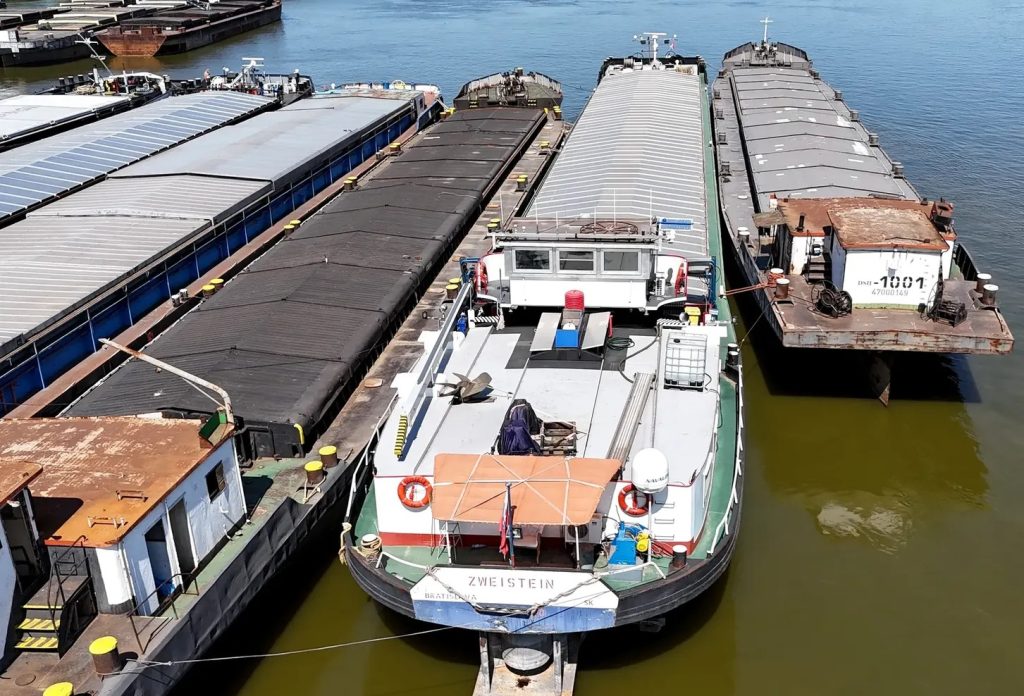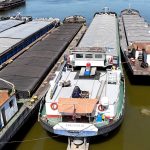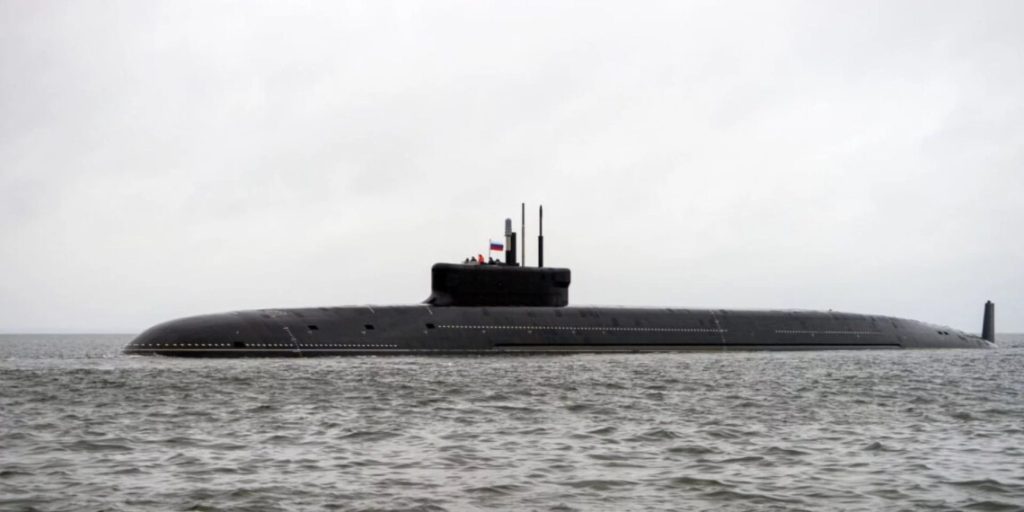Ukrainian sailors are owed over 100,000 euros in wages

Six Ukrainian seafarers are on river vessels on the Danube without valid employment contracts and without salaries.
This was reported on the Facebook page “Sailors of Izmail” with a link to ETF.
The violations were recorded on four river vessels on the Danube in the city of Novi Sad in Serbia. Each Ukrainian seafarer is owed between 6,000 and 15,000 euros, and the total amount of unpaid wages exceeds 100,000 euros.
The vessels in question are Zweistein (Slovak flag), Magellan (German flag), Brčko 1 (Bosnia and Herzegovina flag) and Steigerwald (Slovak flag), which are operated by DMP TIM doo, registered in Brčko, Bosnia and Herzegovina.
According to reports, the company has not yet provided any employment contracts or payments to the workers. Attempts to resolve the situation through dialogue have been unsuccessful. According to the crew and union representatives, there are no valid contracts with the company, wages are not paid and basic living and working conditions are not provided.
The European Transport Workers’ Federation (ETF) calls on the responsible companies and authorities in Serbia, Bosnia and Herzegovina, Slovakia, Germany, Ukraine and the relevant EU bodies to take immediate and coordinated measures to resolve this case.
“Almost two months ago, the association and the union officially notified the Ministry of Construction, Transport and Infrastructure (MGSI), the Labour Inspectorate of the Republic of Serbia, the Labour Inspectorate of Bosnia and Herzegovina, as well as international partners from ETF and ITF. Key European institutions – the European Parliament, the Danube Commission and the EU Delegation to Serbia – were also informed. Despite this, the institutions are still silent,” the statement said.
In particular, employers are exploiting legal loopholes and the grey area of international shipping.
“The navigation system in the so-called gray zone looks like this: vessels are registered in one country (most often Slovakia, due to easier access to EU ports), companies in another (most often Bosnia and Herzegovina), and crews are mainly from Serbia or Ukraine. Thus, no country in the chain has full access to control, and responsibility is transferred from one to another, workers work without a contract, and payment is made in cash and verbally. This model of deprivation of rights not only destroys the dignity of workers, but also directly destroys the prospects of the entire sector,” the report emphasizes.
Read also: Ukrainian seafarers are offered to register for tax. What do experts think.





